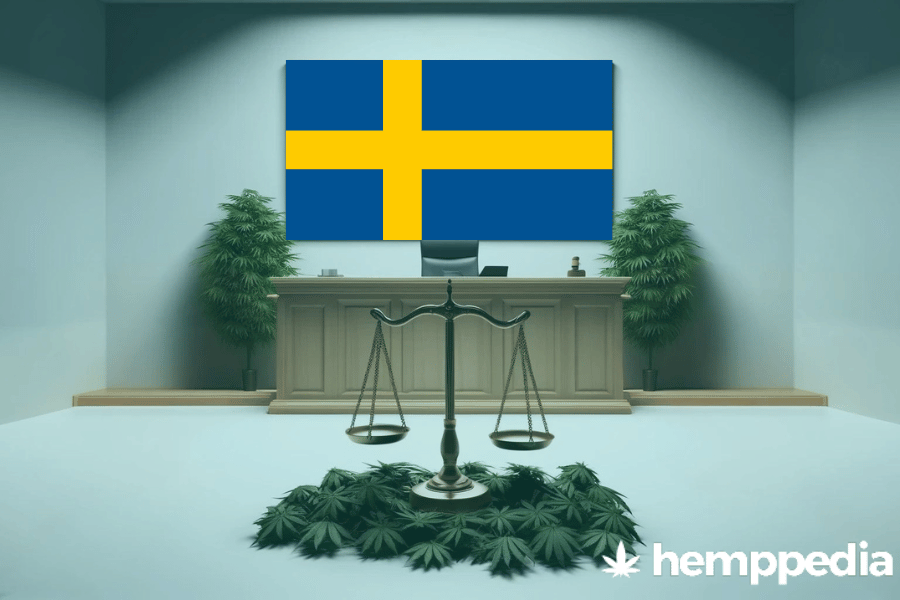TL;DR: Is CBD Legal in Sweden?
In Sweden, the current legal status of Cannabidiol (CBD) is somewhat unclear due to various factors. Overall, it could be considered restricted, depending on certain variables like THC content and usage characteristics. Here is a quick snapshot:
- Usage: With prescription.
- Possession: Allowed, within certain limits.
- Legal distinctions from THC-containing products: CBD products are legal, as long as their THC content is 0%.
Note: CBD’s legality is different from other cannabis forms mainly due to its non-psychoactive properties and potential health benefits. Given CBD’s global trend towards regulation, there are areas of legal ambiguity and enforcement, specifically within the context of Sweden, which we will discuss further.
Overview of CBD Legislation in Sweden
Key Terms Defined
Cannabidiol (CBD): A cannabinoid compound derived from cannabis plants, notably hemp. Unlike THC, it does not have psychoactive effects.
Legal Landscape
Sweden sits within the European region where the legal landscape for CBD varies dramatically across countries. This variation stems from diverse perspectives on hemp cultivation, the THC threshold, and CBD consumption.
Legal Status
In Sweden, CBD can be legally sold and purchased as a cosmetic or food supplement without explicit restrictions, as long as its THC content is 0%. However, it is illegal to market or sell CBD products with health claims unless approved as a medicinal product.
Regulatory Bodies
The sale and regulation of CBD products in Sweden fall under the remit of the Swedish Medical Products Agency (MPA) and the Swedish Food Agency.
Conditions and Restrictions
One of the biggest stipulations in Sweden is the THC content limits, which is set at 0%. This essentially means that only CBD isolates or broad-spectrum CBD products (which have no THC) are legal for sale and consumption.
Historical Context
Historically, the use of CBD in Sweden was largely unregulated. However, in recent years, Swedish authorities have tightened their interpretation of existing laws and guidelines, resulting in stricter enforcement and oversight of CBD products.
Possession, Use, Cultivation, and Sales
In Sweden, the use and possession of CBD is legal provided that it contains no THC. The cultivation of industrial hemp is permitted under strict conditions, and only certified EU hemp strains with THC levels below 0.2% can be legally cultivated. Meanwhile, the manufacturing and sale of CBD products must comply with food and cosmetic safety regulations.
Enforcement and Penalties
Failing to adhere to Sweden’s CBD regulations can result in fines, imprisonment, or both, depending on the severity of the violation. While usually lenient towards consumer possession, Swedish authorities can be strict in enforcing regulations against businesses selling CBD products.
Comparative Analysis
Compared to other European countries, Sweden’s CBD laws are more restrictive. Most European countries allow CBD products with up to 0.3% THC, while in Sweden the limit is set at 0%.
Conclusion
While CBD is somewhat legal in Sweden, its status is fuzzy, with strict THC content rules and enforcement against businesses making health claims. As with all countries, Sweden’s CBD legal scenario might evolve, keeping in line with global trends towards decriminalization and legitimation of all things cannabis.





